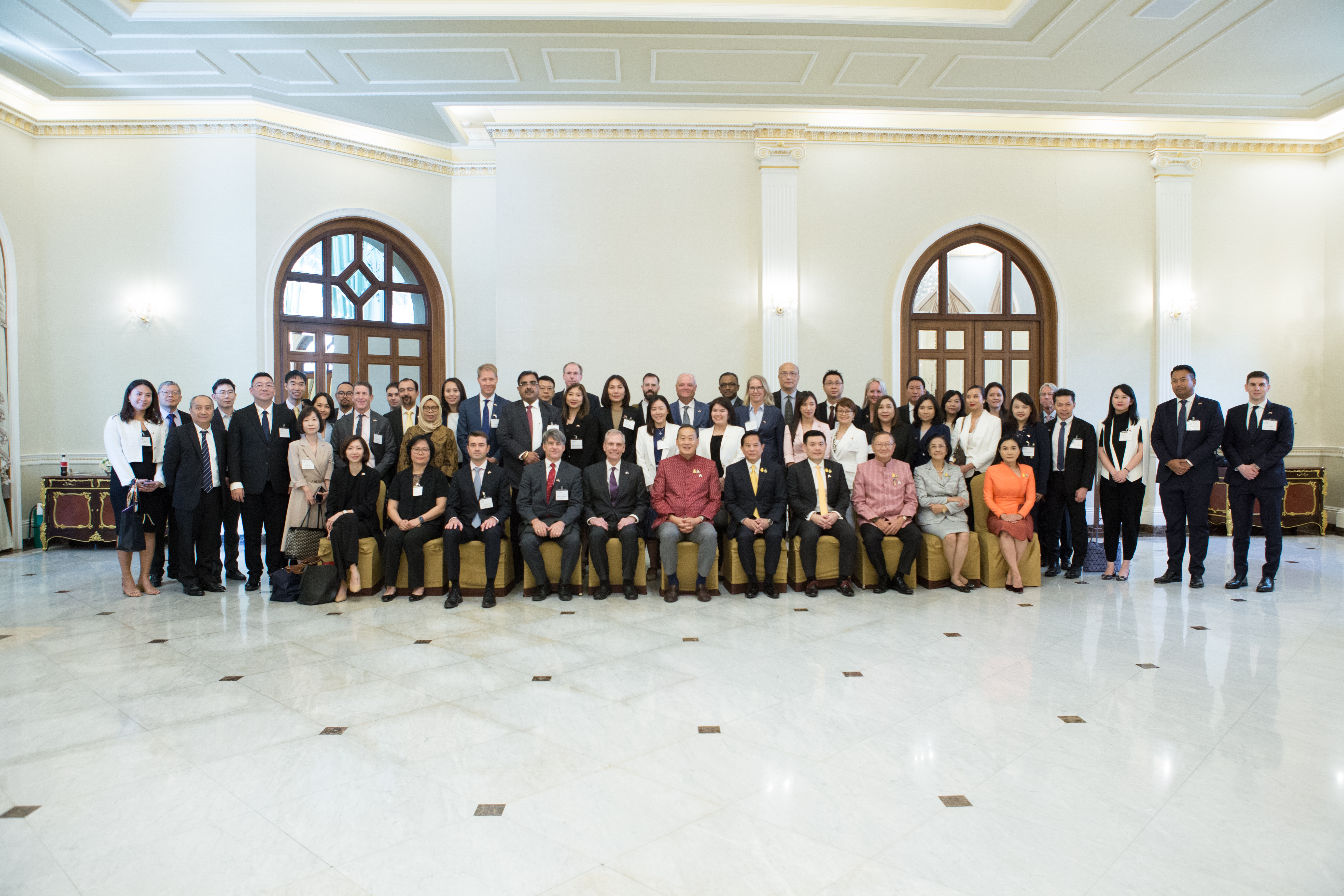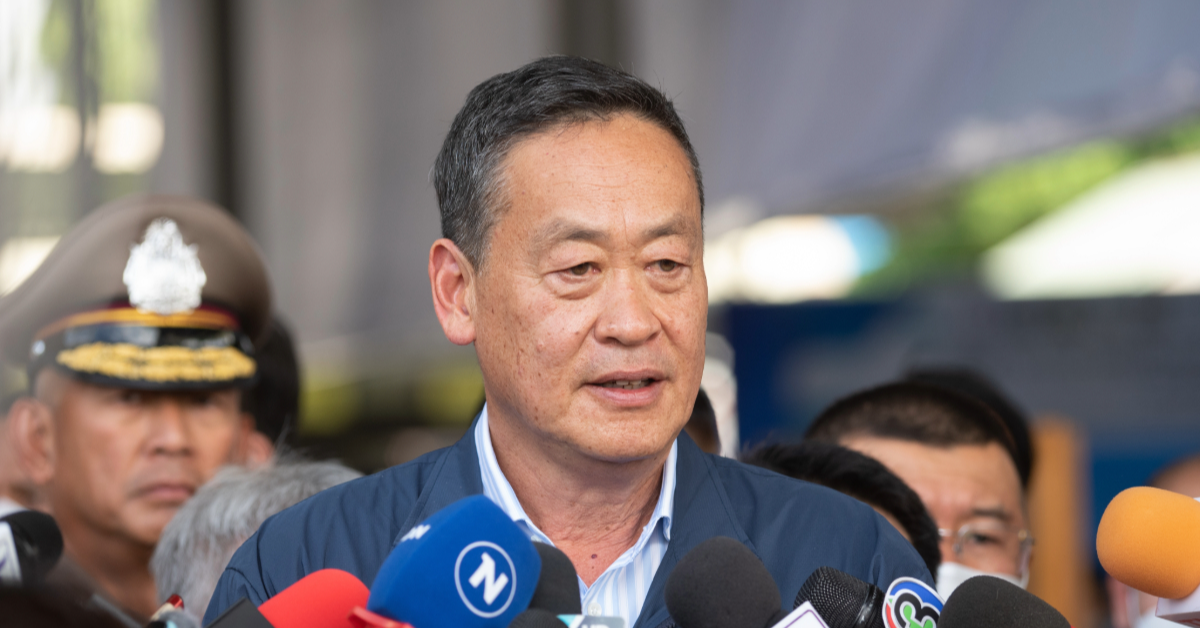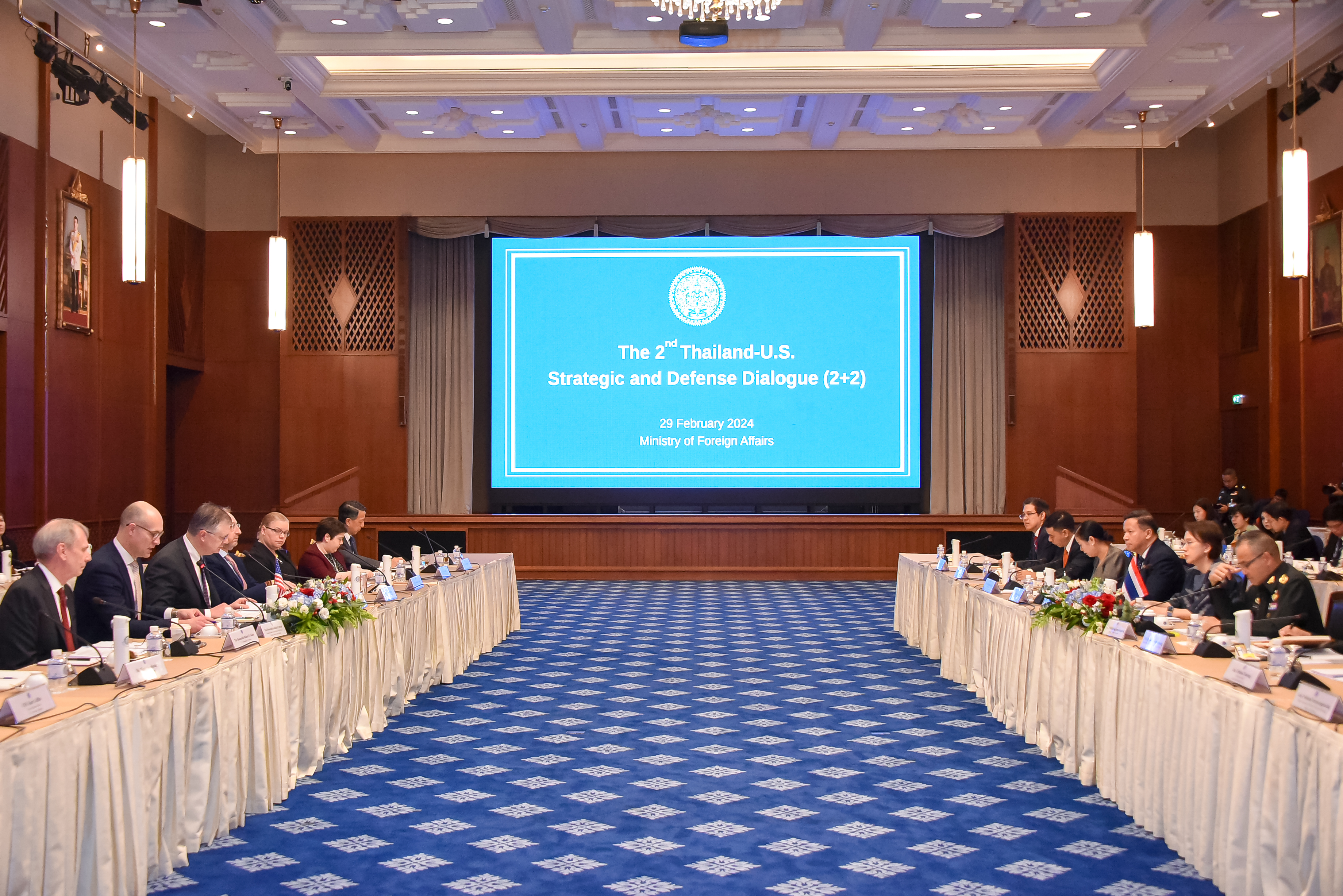Thailand Revised Its 2025 Budget

Thailand’s household debt reached nearly 87 percent of the gross domestic product last year, as reported by the Bank of Thailand. According to the Center for Economic and Business Forecasting, the University of the Thai Chamber of Commerce (UTCC), Thailand’s Consumer Confidence Index fell for the first time in March, due to increasing oil prices and decreasing agricultural productivity. Additionally, the baht has dropped almost 7% against the dollar this year, reflecting weak domestic consumption and disinflationary pressures. The World Bank recently reduced its forecast for Thai GDP growth for this year to 2.8%, down from 3.2%, citing worldwide trade slowdown and delays in fiscal budget disbursement.
To address these issues, the Cabinet has approved the national budget aimed at boosting domestic consumption, particularly through initiatives such as the digital wallet scheme and reduced transfer and mortgage fees for homes. Under the digital wallet scheme, 50 million adult Thais are set to receive 10,000 baht each. The government of Thailand believes that this digital wallet handout will provide a 1.2-1.6% boost to the country’s GDP. Prime Minister Srettha confirmed that the 500-billion-baht handout scheme will be solely funded by the 2024-2025 fiscal year budget. The Bank of Thailand has opted to maintain the policy rate at 2.5%, signaling a commitment to supporting economic stability. University of the Thai Chamber of Commerce (UTCC) Director, Thanawat Polvichai, expressed optimism that the consumer confidence index would recover in the next six months.
Furthermore, the cabinet has approved widening the budget deficit target for 2025 by about $4.2 billion to stimulate the economy. Director of the Budget Bureau Director, Chalermphol Pensoot, projected that the budget gap for the fiscal year starting October 1, 2024, will widen to 865.7 billion baht (US$23.6 billion). While aiming to keep the public debt-to-GDP ratio below, the cabinet revised the medium-term budget framework from 2025 to 2028, with projected spending for fiscal 2025 set at 3.75 trillion baht.
The approval of the national budget in Thailand aligns with Prime Minister Srettha’s vision to position Thailand as a regional hub across eight industries: Tourism, Medical & Wellness, Aviation, Agriculture & Food Industries, Logistics, Financial Services, Mobility & EV, and Digital Economy. As Prime Minister Srettha Thavisin seeks to accelerate public spending and boost economic recovery, Thailand’s parliament may convene a special session in May or June, earlier than its originally planned date in July, to discuss several financial bills and the budget for the next fiscal year. According to House Speaker Wan Muhamad Noor Matha, thirty-nine other finance-related awaiting Srettha’s approval could also be presented to parliament during the special session.









